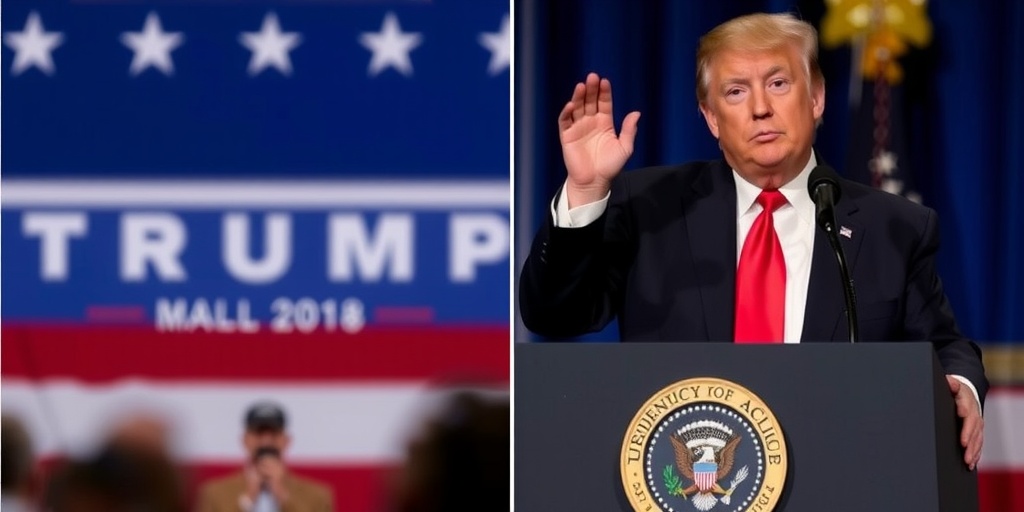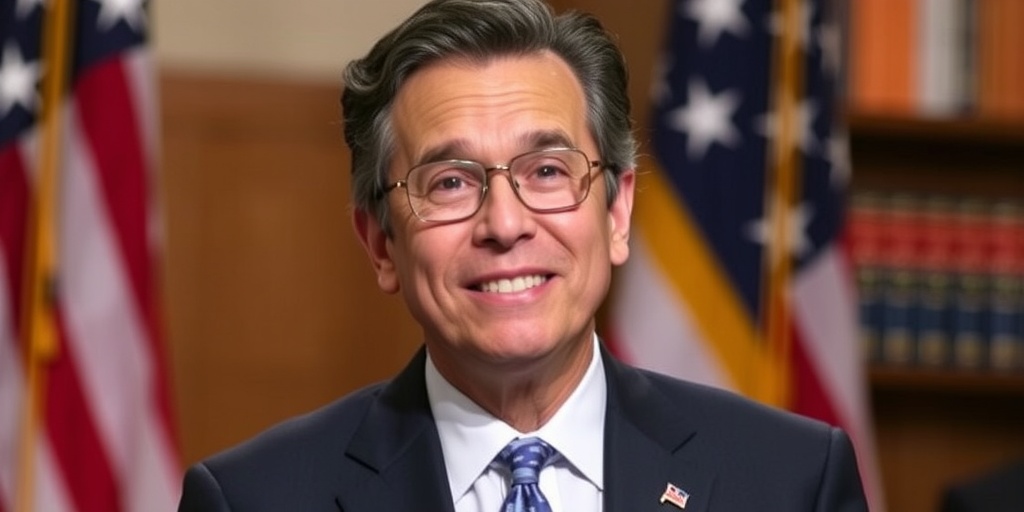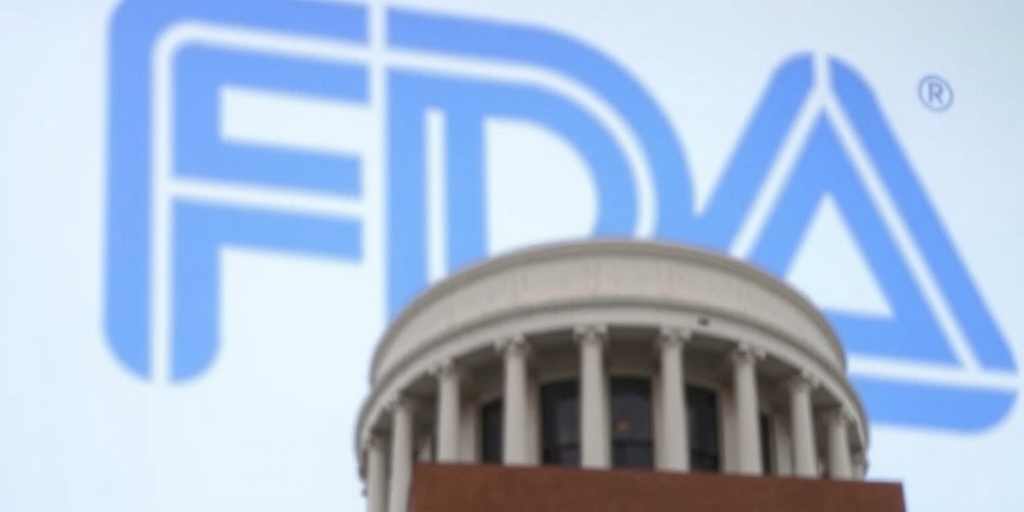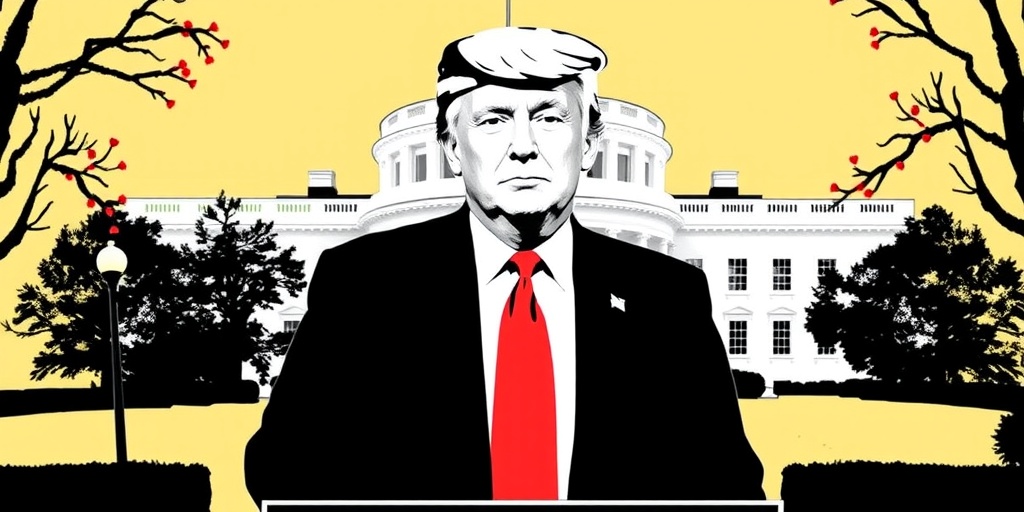Now Reading: Who Funded Trump’s Transition? Donors Remain Unidentified.
-
01
Who Funded Trump’s Transition? Donors Remain Unidentified.
Who Funded Trump’s Transition? Donors Remain Unidentified.

Title: Trump Transition Team’s Financial Transparency Under Scrutiny
In the wake of President Trump’s recent inauguration, questions surrounding the financial transparency of his transition team have emerged, particularly regarding donor disclosures. Six weeks into his new term, President Trump has yet to reveal the identities of the contributors who financed his transition planning, a pledge he made to the public prior to taking office.
Transitioning into the presidency is a complex and costly endeavor, typically involving substantial expenditure that can run into tens of millions of dollars. Historically, presidents, including Trump during his 2017 transition, have utilized a combination of private donations and federal funds to support these initiatives. In contrast to his current situation, previous administrations publicly disclosed donor information within a month of taking office, complying with agreements established with the outgoing administration that conveyed both federal funding and essential services. These agreements mandated strict fundraising regulations, including the obligation to disclose donor identities.
However, Trump’s 2024 transition team has opted for a different route. Declining to sign the standard agreement typically required for incoming administrations, the team asserted its intention to "save taxpayers’ hard-earned money" by forgoing federal assistance and financing operations through private contributions. At the time, the transition team guaranteed that all donors would be publicly reported and stated a commitment not to accept foreign donations. However, they did not clarify whether they would implement a limit on individual contributions, a common practice in prior transitions.
To date, there has been no announcement regarding the financial backing of Trump’s transition. Requests for comments from White House press secretary Karoline Leavitt have gone unanswered, as have inquiries directed to Howard Lutnick and Linda McMahon, the leaders of the team. A spokesperson from the General Services Administration (GSA), which plays a vital role in presidential transitions, emphasized that the Trump transition team is not required to disclose donor information due to their choice to reject the federal funds and services that typically come with such arrangements.
Experts in government accountability have voiced concerns over the lack of transparency, asserting that without public disclosure of donors, it remains highly challenging to discern whether corporate or individual interests are attempting to exert influence on the new administration without public scrutiny. Max Stier, president of the Partnership for Public Service—a nonpartisan organization advocating for best practices within the government—stated, “Transparency on the question of private interests influencing public power is really fundamental to the health of our system, and we’re seeing that break down in very big ways. They made a promise; they owe it to the public to fulfill that.”
Comparatively, Trump’s transition following the 2016 election involved approximately 120 employees, utilized government office space and email systems, and benefited from $2.4 million in federal funding. This prior transition disclosed contributions from over 3,000 individuals, companies, and advocacy groups, totaling $6.5 million, with individual donations capped at $5,000, adhering to regulations set forth in the GSA agreement.
In stark contrast, the current Trump transition appears to be functioning primarily from private offices located in West Palm Beach, Florida, and has avoided utilizing government servers. The transition is notably linked to billionaire Elon Musk, who reportedly has invested at least $288 million to secure Trump’s electoral success and now oversees a newly founded entity called the Department of Government Efficiency. Additionally, the transition team has registered as a “dark money” nonprofit in Florida, exempt from disclosing donor information to the Internal Revenue Service (IRS). While donations cannot be distributed as personal profit to transition officers, they can be allocated to support political candidates or service charges from Trump’s businesses.
Beyond the transition, Trump’s fundraising activities extend to his inaugural committee, a separate entity that reported generating over $170 million in private donations. While this committee is legally mandated to report contributions to the Federal Election Commission (FEC), it has yet to submit its financial report. Nevertheless, several prominent donors, including tech giants such as Amazon, Meta, Google, and Microsoft, each contributing $1 million, have emerged publicly. This list also includes Kraken, a cryptocurrency exchange that faced legal action from the SEC in 2023 but recently had a lawsuit dismissed.
The implications of donor anonymity in political funding bear significant weight on transparency and accountability in governance. As the Trump administration moves forward, the expectation remains that disclosures will take place, providing the public with critical insights into the influence of private interests in shaping public policy and governance. For now, the questions surrounding the financial backing of Trump’s transition remain largely unanswered.
Stay Informed With the Latest & Most Important News
Previous Post
Next Post
-
 01New technology breakthrough has everyone talking right now
01New technology breakthrough has everyone talking right now -
 02Unbelievable life hack everyone needs to try today
02Unbelievable life hack everyone needs to try today -
 03Fascinating discovery found buried deep beneath the ocean
03Fascinating discovery found buried deep beneath the ocean -
 04Man invents genius device that solves everyday problems
04Man invents genius device that solves everyday problems -
 05Shocking discovery that changes what we know forever
05Shocking discovery that changes what we know forever -
 06Internet goes wild over celebrity’s unexpected fashion choice
06Internet goes wild over celebrity’s unexpected fashion choice -
 07Rare animal sighting stuns scientists and wildlife lovers
07Rare animal sighting stuns scientists and wildlife lovers





















